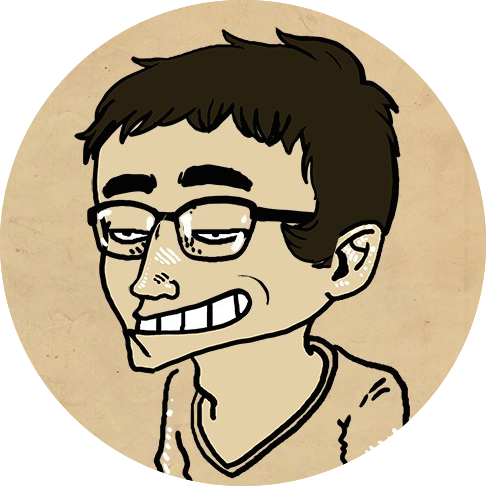Avoir du pain sur la planche
Avoir du pain sur la planche is a French expression translating litterally to to have bread on one’s board and meaning to have much to do. It is used for underlining that a project, an activity, usually explained in detail just beforehands, is still in a early phase of development and requires hard work.
The history
The meaning of the expression was completely reversed through time. Originally, to have bread on one’s board transparently meant to have worked enough and be able to relax and even at some point evolved to the sense of to be rich enough not to have to workIt is still the meaning given by the Dictionnaire de la langue française, the dictionary of Classical French started by Émile Littré in the XIXth century and still a reference today.. Today, it means the exact opposite, not to be able to stay idle because of all the work one have to do instead.
The conversation
Person A: How is it going with your bike trip?
Person B: Oh, well but busy. As if it was not enough to prepare the trip itself, I also decided to create a website for helping people to organise their trips on the EuroVelo network. I just wrote a list of all the features I want to implement. 6 of them represent the bare minimum for my project to be usefull, and have to be implemented before my departure in less than 30 days. In short, j’ai du pain sur la planche.
Some translations
| Français | J’ai du pain sur la planche. |
| English | I have much in my plate. |
| I have work ahead of me. | |
| I have work to do. | |
| It keeps me busy. | |
| Dansk | Jeg har meget arbejde foran. |
| Jeg har et stort stykke arbejde foran. | |
| Jeg skal arbejde. |
